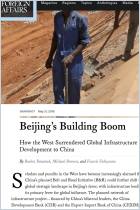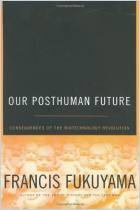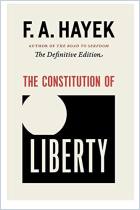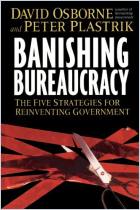
State-Building
Governance and World Order in the 21st Century
Recommendation
Weak or failed states like Somalia and Afghanistan are quietly causing some of the world’s most pressing problems and will continue to do so, according to political analyst Francis Fukuyama. In this elegant, sobering critique based on his 2003 Messenger Lectures at Cornell University, Fukuyama uses a simple, two-dimensional model of "stateness" to analyze why states fail. He focuses on what countries can do, rather than using some theoretical model of what they ought to do. Fukuyama describes the supply of and demand for government institutions, why states often don’t deliver what their "customers" want and the organizational pathologies that prevent developing nations from "getting to Denmark," development theory parlance for achieving an efficient, transparent and legitimate government. Overall, the book is a mixed bag, mostly filled with solid diagnoses, but sometimes merely providing gooey think tank truisms. Nevertheless, getAbstract recommends this brief, skeptical examination to anyone who wants to understand one of the huge challenges of twenty-first century statecraft: how to prevent weak states from exacerbating such problems as AIDS, famine, poverty, nuclear proliferation and terrorism.
Summary
About the Author
Francis Fukuyama is the Bernard L. Schwartz Professor of International Political Economy at the Paul H. Nitze School of Advanced International Studies, Johns Hopkins University. He is the author of several books, including The End of History and The Last Man.





















Comment on this summary or Comenzar discusión